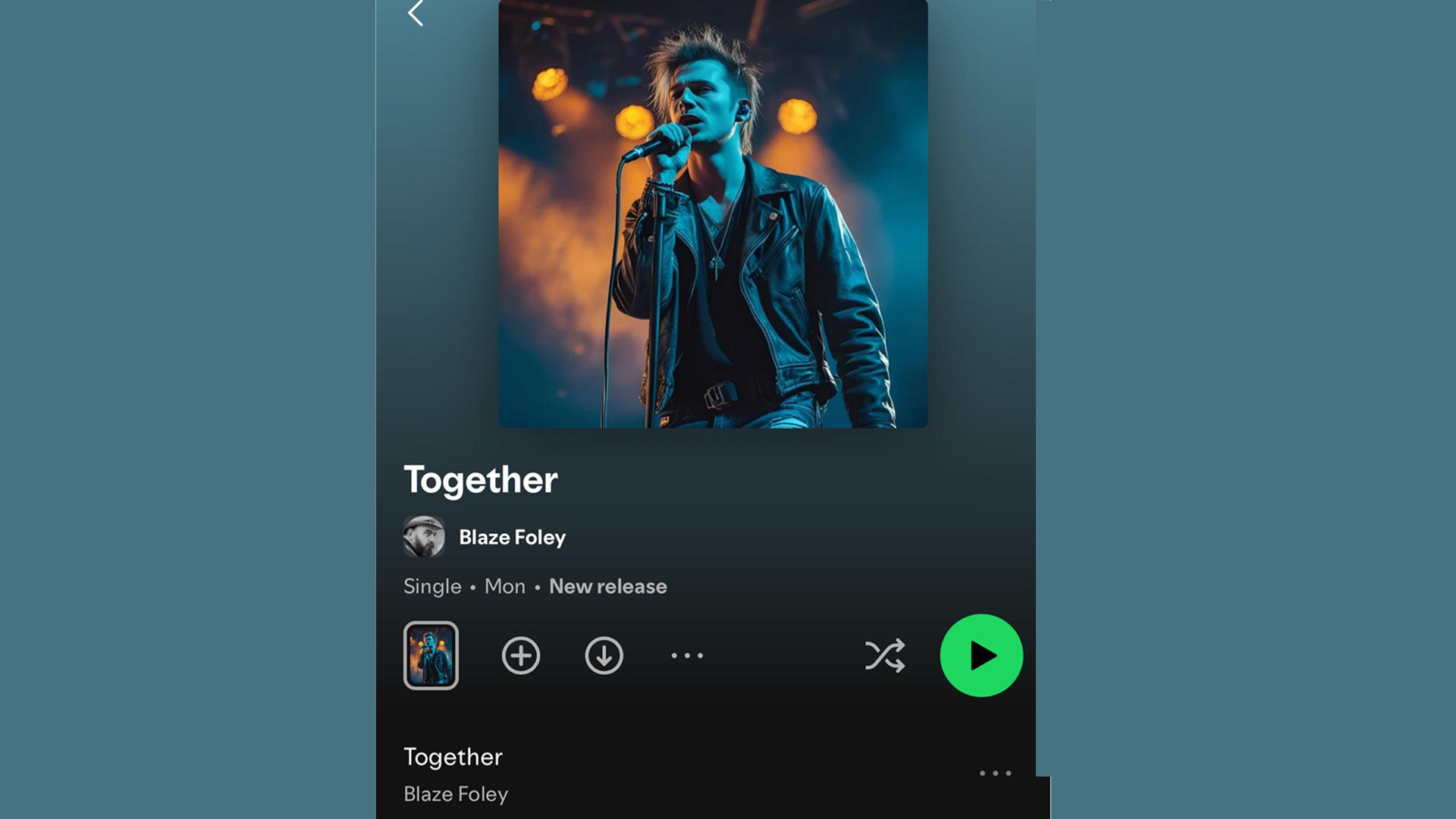The Dark Side of AI Music: Spotify Removes Deceptive Tracks
Author: NaKmo Flow | 7/23/2025

As the music industry continues to grapple with the implications of artificial intelligence, a concerning trend has emerged on streaming platforms like Spotify. Recently, it came to light that several AI-generated songs attributed to deceased artists had been uploaded to the service, only to be discovered and subsequently removed.
- - AI-generated music: Songs created using artificial intelligence algorithms designed to mimic human composition.
- - Deceptive uploads: Tracks passed off as legitimate recordings from well-known artists who have since passed away.
- - Content verification bypassed: AI-generated songs slipped through Spotify's content verification processes via third-party platforms.
"The authenticity of a song is what makes it meaningful," said music industry expert, Dr. Emma Taylor. "When AI-generated tracks are masquerading as real recordings from deceased artists, it's not just an issue of accuracy – it's about the legacy and memory of those artists."
In one notable instance, Spotify was forced to remove an AI-generated song attributed to Blaze Foley, a singer-songwriter who passed away in 1989. The song had been uploaded via a third-party platform, SounD, which claimed to verify content authenticity.
| Artist | Deceased Year |
| Blaze Foley | 1989 |
| Johnny Cash | 2003 |
Spotify's reliance on user-generated content has opened up vulnerabilities in its verification processes. As AI-generated music becomes increasingly sophisticated, it's clear that more robust measures are needed to safeguard against deceptive uploads.
With the rise of AI-generated music, we're forced to reevaluate what constitutes "authenticity" in the music industry. Spotify's removal of these tracks serves as a stark reminder of the need for greater transparency and accountability in content verification processes.
In conclusion, the proliferation of AI-generated music raises important questions about the value and meaning of art in the digital age. As we navigate this uncharted territory, one thing is certain: the future of music will be shaped by the intersection of human creativity and artificial intelligence.